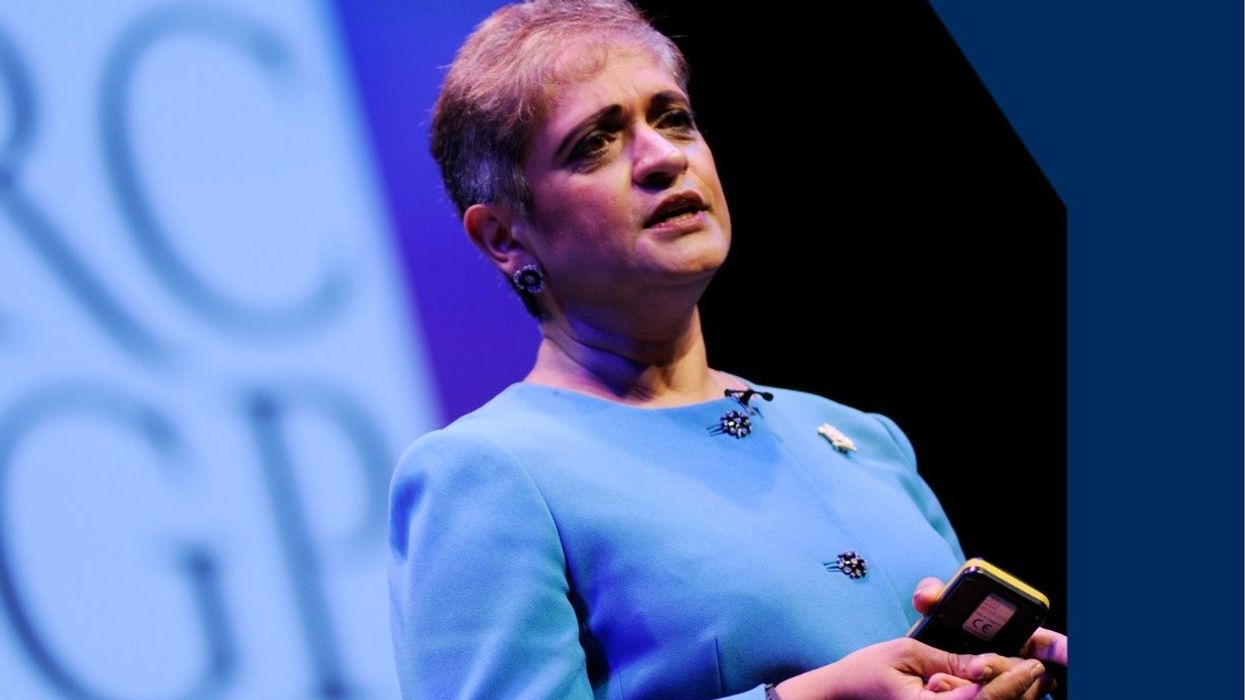RCGP chair Professor Kamila Hawthorne has underscored the urgent need to address these GP infrastructure issues to rescue primary care
The Royal College of GPs (RCGP) has urged the government to allocate at least £2 billion in funding to enhance the 'outdated' GP infrastructure, including IT systems and practice buildings.
The College, representing over 54,000 family doctors in the UK – has warned that GP practice buildings are “falling apart” and this can have a serious impact on patients’ experience and access to care and services.
In a recent poll of RCGP members, a third of the GPs (30 per cent) reported that their work PC or laptop software is “not fit for purpose”, while 33 per cent indicated that their practice building is inadequate for providing care for patients.
Additionally, 56 per cent of GPs reported that they could not effectively exchange information with NHS trusts due to fundamental inadequacies in their digital infrastructure.
RCGP stated: “If GPs are unable to easily share information with hospitals and other secondary care hubs this can lead to disjointed care and a poorer patient experience.
“Similarly, if practice buildings aren’t fit for purpose, it can have a negative impact on the care patients receive. If consultation rooms are too small and cramped, or there aren’t enough of them, this not only provides a poor experience, but also limits the number of team members a practice can employ and the appointments a practice can deliver in a day.”
The College raised concerns that these issues in physical and digital infrastructure are contributing to the unrelenting pressures facing general practice.
Highlighting the escalating challenges for doctors, the College reported that GPs and their teams delivered over 27.6 million appointments last month – over 4 million more than in August 2019 - despite having fewer fully qualified full-time GPs than five years ago.
The number of patients per fully qualified GP has now reached a staggering 2,280.
Professor Kamila Hawthorne, chair of the RCGP, emphasised: “General practice is already struggling to keep up with increasing patient need for our care, and inadequate infrastructure, whether that be out-of-date IT or practice buildings that are falling apart, only compounds these pressures.
"Our polling shows the true extent of the crisis: GPs are being held back by old IT that is unfit for purpose and working in inadequate buildings. This is a far cry from what our patients expect and deserve, and it needs to be addressed.”
She cautioned that these issues pose a major hindrance for GP teams and could have serious consequences for patients.
“Those with lung conditions such as bronchitis or chronic asthma, for example, may well be hesitant to seek treatment if their local practice is riddled with damp and mould. Likewise, if ineffective IT hampers communication between primary and secondary care then patients may not receive the treatment they need as quickly as they need it.”
Professor Hawthorne underscored the urgent need to address these infrastructure challenges if “we are going to rescue primary care.”
Therefore, the College is calling on the government to “dedicate at least £2 billion worth of funding to improve GP infrastructure - including IT systems – so that GPs and their teams can do their jobs properly and our patients’ experience and access to care is no longer compromised.”













